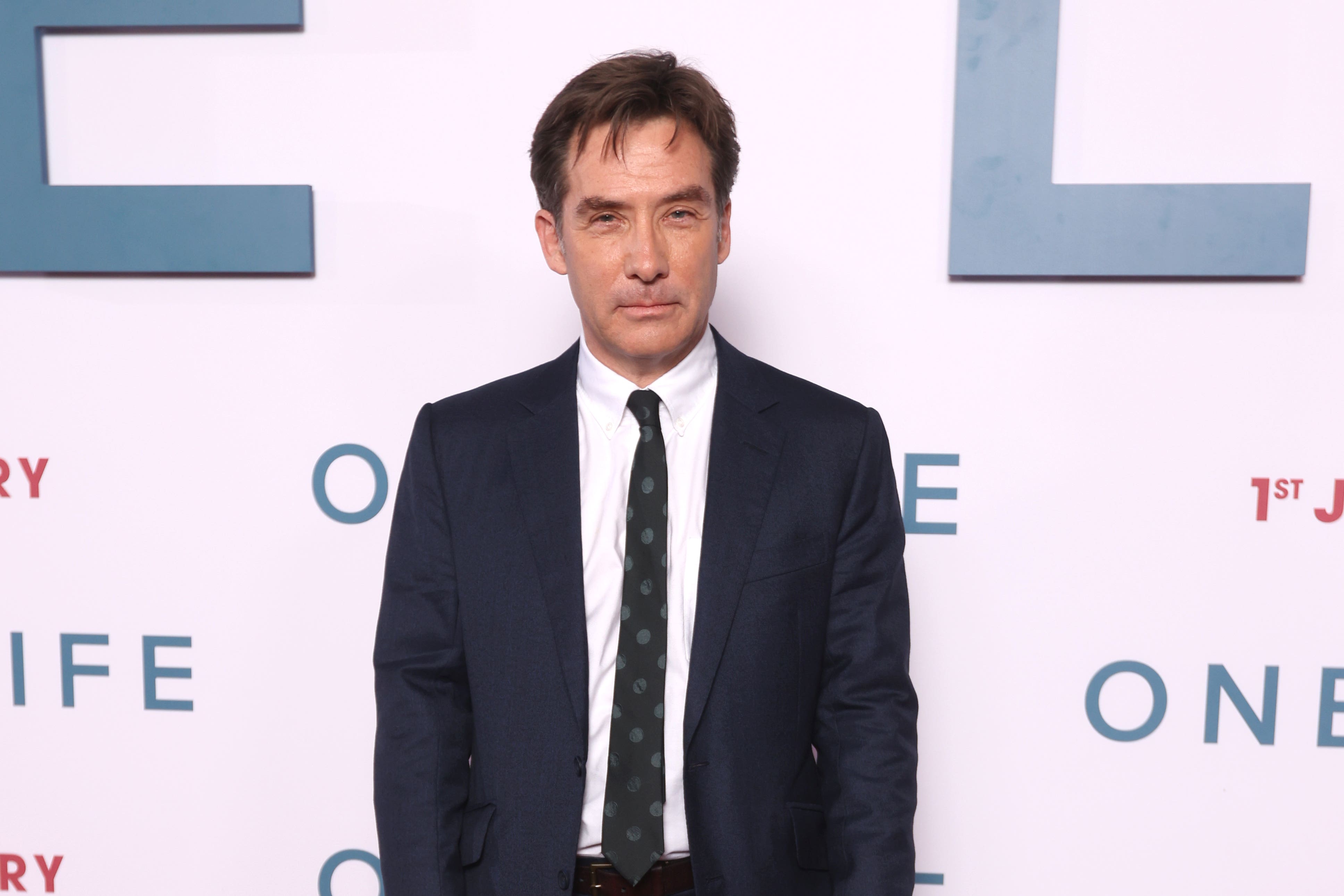‘Quirky British TV and film can become global hits’ – Slow Horses director
James Hawes also directed Sir Anthony Hopkins-starring One Life.

The director of Gary Oldman-starring spy series Slow Horses has said that the show’s success proves that “quirky British” productions can become global hits.
James Hawes, who also directed the Sir Anthony Hopkins-starring One Life, about the British stockbroker who saved hundreds of Czech children from the Holocaust, appeared in front of the Culture, Media and Sport Committee’s inquiry into British film and high-end TV on Wednesday.
He said that Slow Horses, which is about reject MI5 agents, had “trouble getting going” and was first pitched to British broadcasters, who turned the show down.
“When Apple did pick it up,” he added, “they wondered whether it was just too quirky, and too British, and whether this will travel even though, obviously, we have a reputation for the spy genre.
“The attachment of Gary Oldman (and) its subsequent success, shows that even ‘quirky British’ can travel and it is now the longest-running repeated series on Apple.”
He also said: “It has shown that we can think beyond British parochial or we can turn British smaller stories into ones that have an outward glance, and that have universal themes. I think that’s really important.
“We have to be aware of the balance, the critical balance, between the benefits of inward investment and having our own domestic industry.”
Hawes, also the vice-chairman of Directors UK, told MPs to create episodes of BBC soaps such as Doctors – which is being cancelled by the BBC – by generative artificial intelligence (AI) will take three to five years following him speaking to actors and writers unions along with special effects technicians.
“It may not be as polished as we’d been used to but that’s how close we’re getting and I find that hard to believe, for all the creatives involved,” he also said.
“I believe the genies out of the bottle, I believe we have to live with this. I think it also is incredibly enabling.
“I think there are all parts of storytelling and British storytelling that can be filled in enabled by this but we have to protect the rights holders.”
He also told MPs: “One Life was my first film and my first indie film. It’s doing incredibly well at the box office. It is in terms of an indie film a popular hit, competing with Belfast and (The) Banshees Of Inisherin over the last few years, certainly, post pandemic.
“But even setting that up was a struggle and during pre-production, there were times when it was uncertain, without the help of people like BBC films, it would not have come about.”
He added that was because of the “higher-level” budget, towards £15 million, because of the “glossy cast” which included Helena Bonham Carter and Sir Anthony and being set in two time periods.
“So ambition tends to come at a price and meeting that ambition and convincing people that this was a film that would sell beyond its Britishness is a key factor,” he added.
His film about the London-born humanitarian Sir Nicholas Winton, who died in 2015 at the age of 106, saw Oscar winner Sir Anthony and Johnny Flynn taking on the role of a man who saved hundreds of, mainly Jewish, Czech children from the Nazis following a visit to Prague at the end of 1938.
Sir Nicholas worked alongside volunteers to bring 669 children to the UK as part of the Kindertransport efforts.
The story was brought to the wider public’s attention by Dame Esther Rantzen in 1988 during a screening of the programme That’s Life!
Hawes also said that the “knock-ons” from the Hollywood studios shutting down during the actors and writers strikes for a long period last year has been “huge” as there was not enough work in the UK to sustain the industry.
He added that some people have left working in TV and film as it has been a “rough” time for a lot of production workers.
“(We need to start) bridging the gaps, when I’m holding out for a better job or waiting in between (another) job,” he added.
“So part of that is protect IP so that people individuals and smaller companies have some sort of bank to fall back on.”
Bookmark popover
Removed from bookmarks